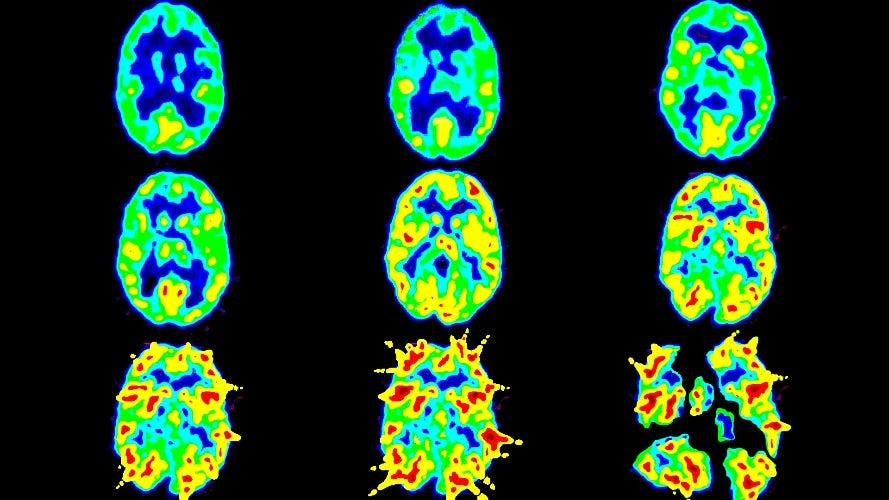Trump Derangement Syndrome is real. I spent Trump’s presidency writing for a late night show in New York; TDS ripped through my community like AIDS went through the bathhouse scene in the ‘80s. I saw the best minds of my generation destroyed by madness, obsessive, unfunny, self-serious, dragging themselves through the streets of Brooklyn at dawn looking for a Trump tweet to stoke their outrage. And I was arguably one of them (except for the “best minds” part).
Wokeness Derangement Syndrome is starting to look just as real. More than a few critics of wokeness (or “left illiberalism”, if you want to be insufferable) have gone off the deep end. As with Trump, the concerns are real. But as with Trump, those concerns seem to make some people’s brains unable to process any other information. I think that for every new example of lefty overreach that enters Jordan Peterson’s brain, some cognitive function gets pushed out. I’m worried that one day Peterson will be driving his car, news of some stupid AOC tweet will come on the radio, and he’ll spontaneously forget how to drive.
Come to think of it: Obama Derangement Syndrome was a thing. We just didn’t have a name for it. Being incensed by Obama is a sure sign of madness; you should not be pushed over the edge by a man who was to radical politics what The Monkees were to death metal. It’s one thing to disagree with Obama’s politics, but another thing to view a guy who makes your average ‘80s sitcom dad look like Hunter S. Thompson as the first horseman of the apocalypse.




